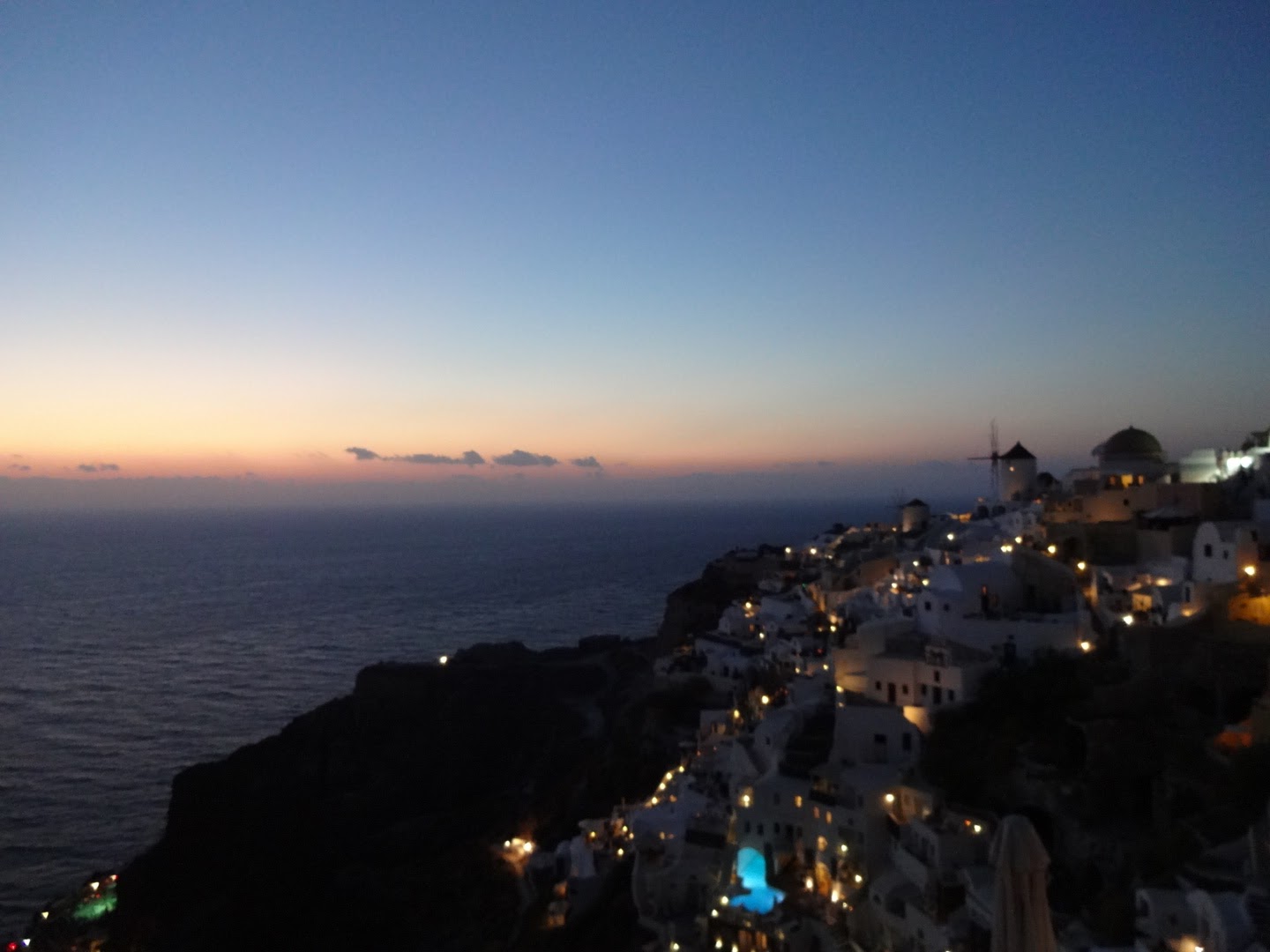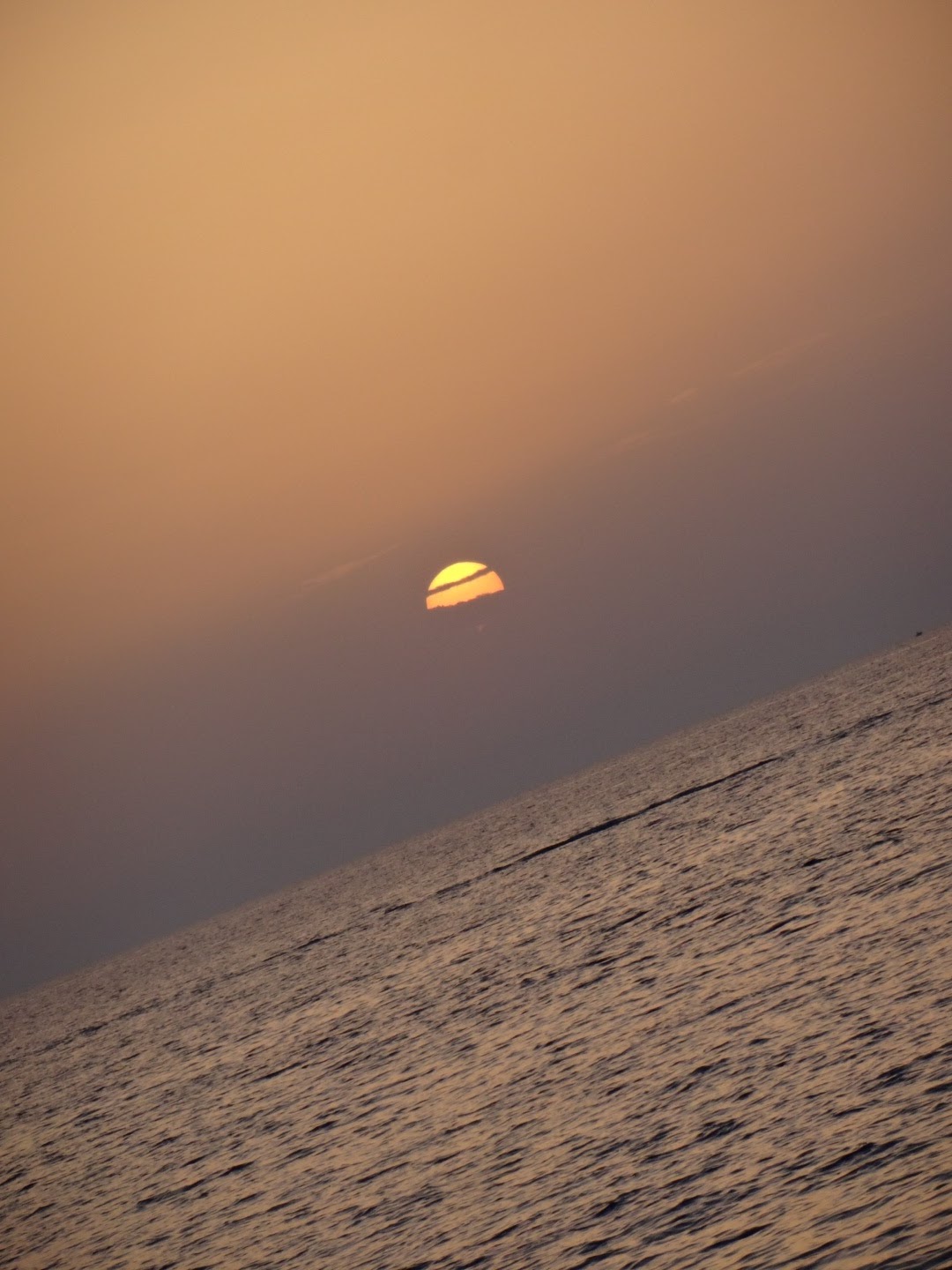Virtual Reality in Tourism - the TUI Group
Under the title "TUI - how to build a power brand" Erik Friemuth, Chief Marketing Officer of the world's leading tourism company, lectured on 01/28/2015 on the rebranding of TUI Group. The event was organized by the Marketing-Club Dusseldorf e.V. #MCD, at McKinsey & Company in Düsseldorf, Germany. VR-Immersive.com was there!
Coming from the telecom industry, Erik Friemuth described the challenges he faced as part of his career change. TUI Group possessed 2 years ago, when he began to manage the marketing of the company, more than 250 brands, was and is leader in a number of European markets (Logo recognition over 70%), e.g. Germany, Scandinavia, Holland, Belgium and Great Britain. In Germany, TUI is even better known compared to brands such as Apple, Starbucks or Mercedes Benz. Due to his former activities as a marketing manager at Vodafone, Mr. Friemuth brought plenty of rebranding experience onboard TUI.
 At TUI he faced some obstacles, especially of a financial nature, when he joined the Group. In any case, he could by means of thoughtful, well planned steps (eg. Rebranding rollout, with the slogan, "Discover your smile", began as a test in the Netherlands) gain valuable experience, and significantly reduce the cost of the rebranding through early advertising placements. This helped TUI when further rolling out the rebranding in other countries, squeezing advertising costs by about 50% (in Spain, their airport ads were highly successful in creating corporate identity and were later emulated at other tourist destinations). The Netherlands are characterized, among other things, by an established online market in holiday bookings in contrast to Germany, where around 80% of all holiday trips are still handled by “brick-and-mortar” branches.
At TUI he faced some obstacles, especially of a financial nature, when he joined the Group. In any case, he could by means of thoughtful, well planned steps (eg. Rebranding rollout, with the slogan, "Discover your smile", began as a test in the Netherlands) gain valuable experience, and significantly reduce the cost of the rebranding through early advertising placements. This helped TUI when further rolling out the rebranding in other countries, squeezing advertising costs by about 50% (in Spain, their airport ads were highly successful in creating corporate identity and were later emulated at other tourist destinations). The Netherlands are characterized, among other things, by an established online market in holiday bookings in contrast to Germany, where around 80% of all holiday trips are still handled by “brick-and-mortar” branches.
As an integrated vacation/tour operator, TUI offers several advantages over competitors, or even separate flight and accommodation bookings a traveler might realize. Reservations can be booked offline or online (mobile as well as PC) directly and indirectly with TUI; travelers are transported in TUI buses, airplanes and cruise ships to their holidays and accommodated by local staff at destination in TUI lodging, ie. the whole value chain is controlled by the company. The advantages are much closer customer relationships, guaranteeing a coherent brand-specific quality, changes to bookings (e.g. hotel does not meet customer expectations) or ensure repatriations in an emergency (like last year in Tunisia by TUI UK), just to name a few. Intensive supervision allows the company to better meet customer demands. Individual TUI brands cover the increasingly more specific segments, from families to singles, young couples and retirees or activities-related travel, e.g., cruises, yachting/ sailing, canoeing or even snow-related experiences.
 In the virtual reality field, TUI has begun to equip individual stores with VR goggles. In the yacht charter business, VR content is highly successful.
In the virtual reality field, TUI has begun to equip individual stores with VR goggles. In the yacht charter business, VR content is highly successful.
VR content that is being shown through this new medium are primarily vacation destinations and hotel views. The company sees this as a marketing innovation, but we believe, based on a real booking example mentioned by Mr. Friemuth, and our vision of VR in tourism, that the potential has not yet been fully exploited. Virtual reality arouses feelings, just like leisure travel through your experiences. Unlike newcomers Airbnb or Booking.com, the assets are owned by TUI, who can therefore design their desired online presence. Hotels are indeed partially presented through 2D 360º videos (not necessarily VR!) on the Internet, but in fact, all TUI accommodations could use VR as a powerful sales weapon, depicting one room for each category available in the respective hotels, as well as presenting hotel facilities (eg. Lobby, restaurant, children's playground, gardens, pool area, beach, rooftop terrace …) letting 360º VR photos or videos come into full play and charming potential clients. Customers receive a comprehensive insight into the facilities, thereby avoiding the booking of accommodations that do not suit their tastes. Specifically, Mr. Friemuth mentioned the case of some friends, a family with kids, where the mother booked a family holiday with TUI. When the family arrived at the hotel, although it met the description in the brochure, the hotel did not fulfill the expected "look and feel", ie. due to the lacking "Feel Good" factor, the father asked TUI for a transfer to a different accommodation, where they would spend the 10 vacation days in a more "pleasant" environment. Within 2 hours, at an additional cost, the family was relocated to another TUI property. This is a service that neither Airbnb nor hotel portals offer. TUI has a positive, close customer care concept unlike some competitors. Nevertheless, tourism companies could avoid such situations, potential customer dissatisfaction (and negative feedback) and costs that arise, by implementing a targeted use of VR at the point-of-sale. Analogously, this argument applies to hotels in general, who wish to highlight their quality standards or seek to differentiate themselves further from competitors. The costs of producing VR content are relatively marginal - pictures and videos should be updated regularly anyway, instead of 2D you take 360º spherical photos and if you wish to offer customers a walk-through, then 3D 360º photos are possible. Such content can be efficiently managed centrally and locally, through our hardware and operating system-agnostic VR Content Management Platform.
In summary, we found the event very interesting, a great evening and can only recommend applying for membership at the Marketing-Club Düsseldorf e.V.



